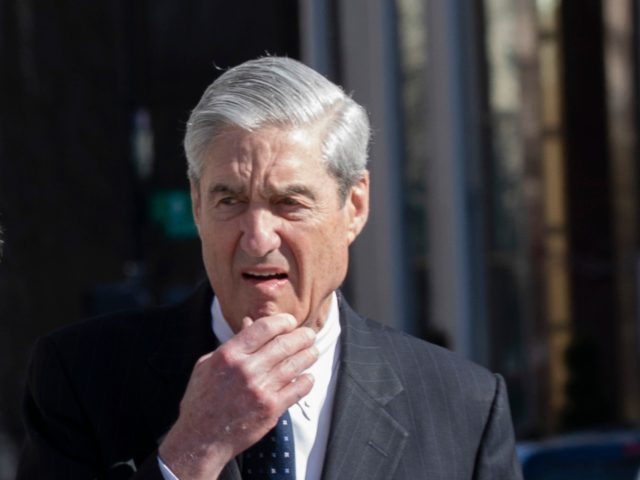NEW YORK — Oops. A statement inside Special Counsel Robert S. Mueller’s final report gets its facts wrong when attempting to document the straightforward findings of the U.S. intelligence community regarding Russian efforts to allegedly aid President Trump’s election chances in 2016.
Mueller’s report wrongly states that the January 6, 2017 U.S. Intelligence Community (IC) document assessing Russian interference efforts “concluded with high confidence that Putin and the Russian government had developed a clear preference for Trump.”
After referring to a briefing for Trump about alleged Russian interference efforts, Mueller’s report specifically states:
The briefing occurred on January 6, 2017. Following the briefing, the intelligence community released the public version of its assessment, which concluded with high confidence that Russia had intervened in the election through a variety of means with the goal of harming Clinton’s electability.
The assessment further concluded with high confidence that Putin and the Russian government had developed a clear preference for Trump.
Mueller’s report does not offer any further qualification about the purported “high confidence” assessment allegedly reached by the U.S. intelligence community “that Putin and the Russian government had developed a clear preference for Trump.” The report simply provides a footnote naming the January 2017 IC document.
In actuality, there was no consensus of “high confidence” among the intel community. As clearly stated inside the IC report, the NSA assessed the conclusion that Putin favored Trump and worked to get him elected only with a classification of “moderate confidence,” while the FBI and CIA gave it a “high confidence” rating.
Besides wrongly paraphrasing the IC report, Mueller’s team left out the conclusions of a Republican House Intelligence Committee’s 250-page report on alleged Russian collusion released in April of last year. That report raised questions about the “high confidence” assessment by the FBI and CIA, perhaps explaining why the NSA didn’t share the conclusion.
The House report found that the IC assessment of Putin’s strategic intentions for allegedly interfering in the U.S. election to aid Trump “did not employ proper analytic tradecraft” and contained “significant intelligence tradecraft failings that undermine confidence” in the judgments, including the failure to “be independent of political considerations.”
Also, there is a different narrative on the topic in the 2018 book of James Clapper, who served as director of National Intelligence under the Obama administration. It was Clapper’s agency that released the Intelligence Community report.
As Breitbart News reported, Clapper’s recent book describes numerous shifts in Russia’s alleged attitude toward Trump during the 2016 presidential campaign.
At first, Clapper writes that Russia simply opposed Hillary Clinton and didn’t favor one Republican presidential candidate. After Trump seemed initially poised to possibly win, Clapper relates an alleged Russian propaganda effort to aid Trump’s victory in order to defeat Clinton. Toward the final stretch of the presidential campaign, with Trump’s poll numbers falling, Clapper wrote that Russia shifted its position away from aiding Trump and focused mainly on opposing Hillary, even allegedly providing Green Party candidate Jill Stein with more favorable coverage.
Aaron Klein is Breitbart’s Jerusalem bureau chief and senior investigative reporter. He is a New York Times bestselling author and hosts the popular weekend talk radio program, “Aaron Klein Investigative Radio.” Follow him on Twitter @AaronKleinShow. Follow him on Facebook.
Joshua Klein contributed research to this article.

COMMENTS
Please let us know if you're having issues with commenting.